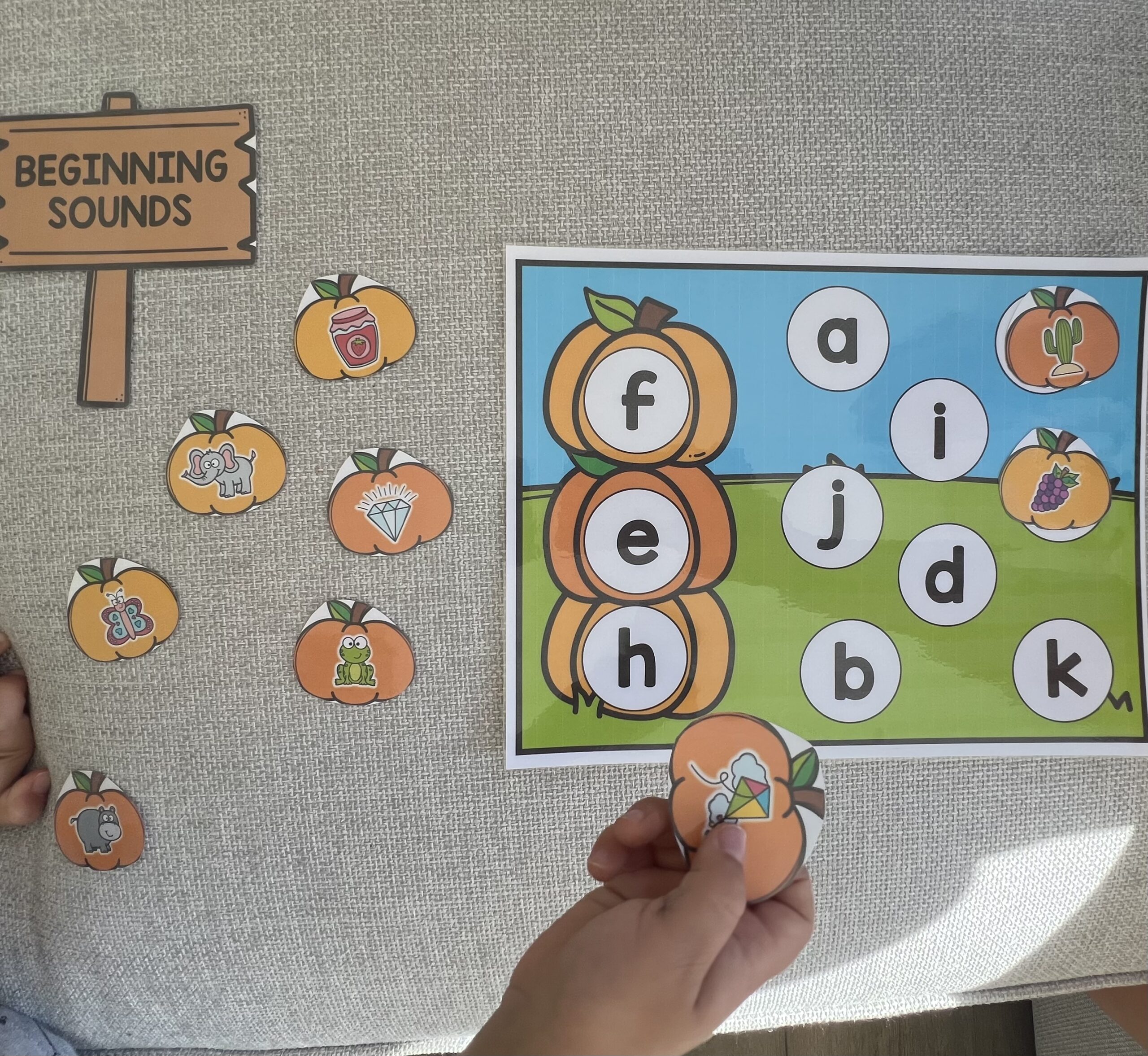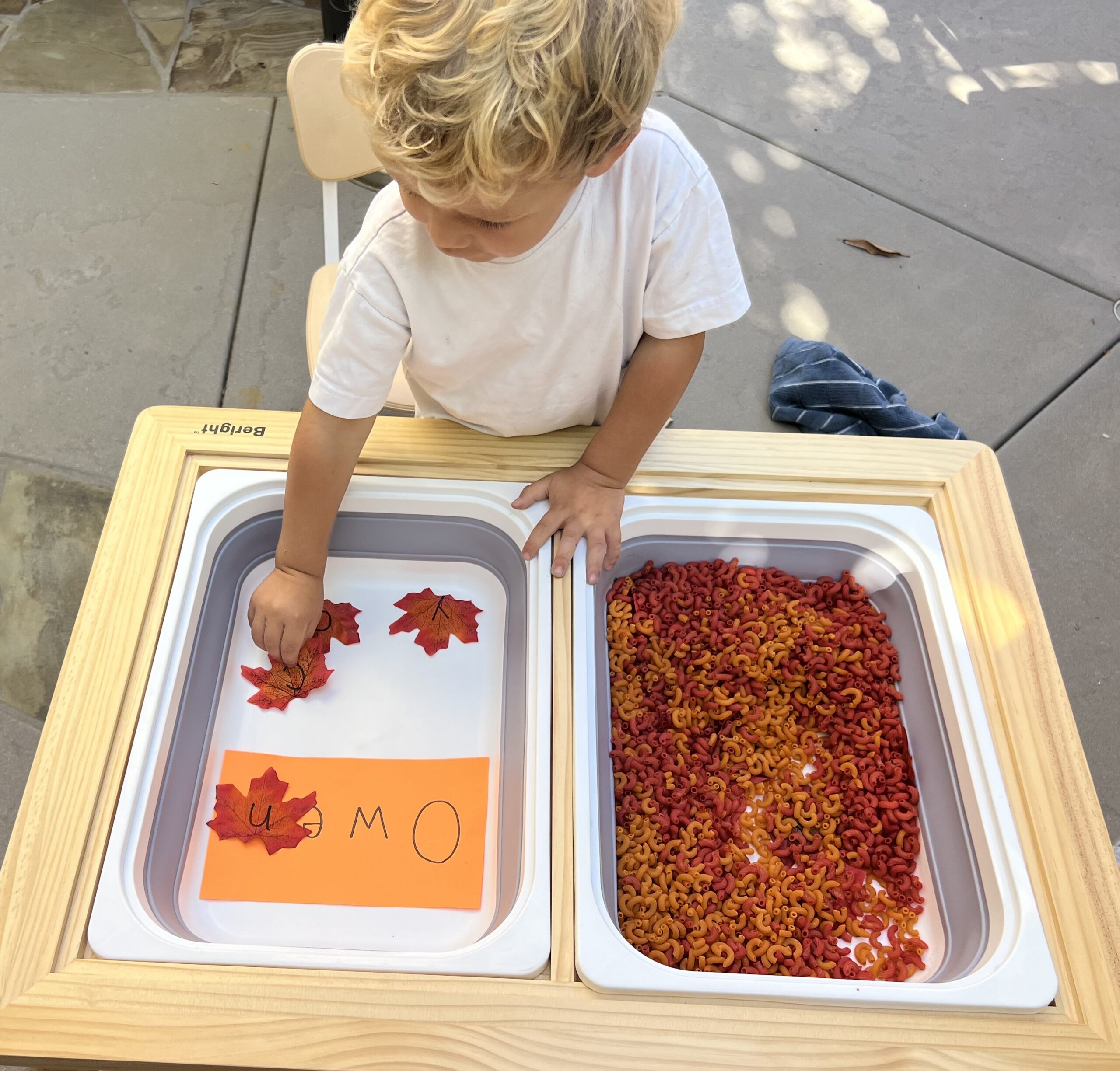Establishing a Community that Encourages Lifelong Learning
Creating a lifelong learner begins with fostering a sense of curiosity and joy in discovery from an early age. Celebrating their achievements and nurturing their natural interests builds intrinsic motivation, laying the groundwork for a lifelong passion for growth and knowledge.
Circle Time

Circle time provides a structured, interactive environment where children can engage with others. It promotes social skills such as sharing, listening, and taking turns, while encouraging communication and language development. Circle time also helps establish routine, which fosters a sense of security for young children. Additionally, it provides opportunities for children to learn important concepts like numbers, letters, shapes, and emotions through songs, stories, and discussions, supporting cognitive and emotional growth in a group setting.
Learning Centers

Learning centers provide children with hands-on, interactive experiences that foster a variety of developmental skills. They encourage exploration, creativity, and independent thinking, while also promoting social interaction and collaboration. Students can practice problem-solving, develop fine motor skills, and enhance language and cognitive abilities. These centers allow for individualized learning, as children can engage with materials at their own pace and interest level, supporting diverse learning styles and needs.
Sensory Play

Sensory play provide hands-on, interactive experiences that support early learning and development. It helps children explore textures, shapes, and materials, fostering cognitive growth and fine motor skills. Sensory play fosters creativity by encouraging exploration, experimentation, and imagination. It encourages social interactions like cooperation and turn-taking. By exploring the world through sensory activities, children build critical thinking skills and a love for learning in a fun and meaningful way.
